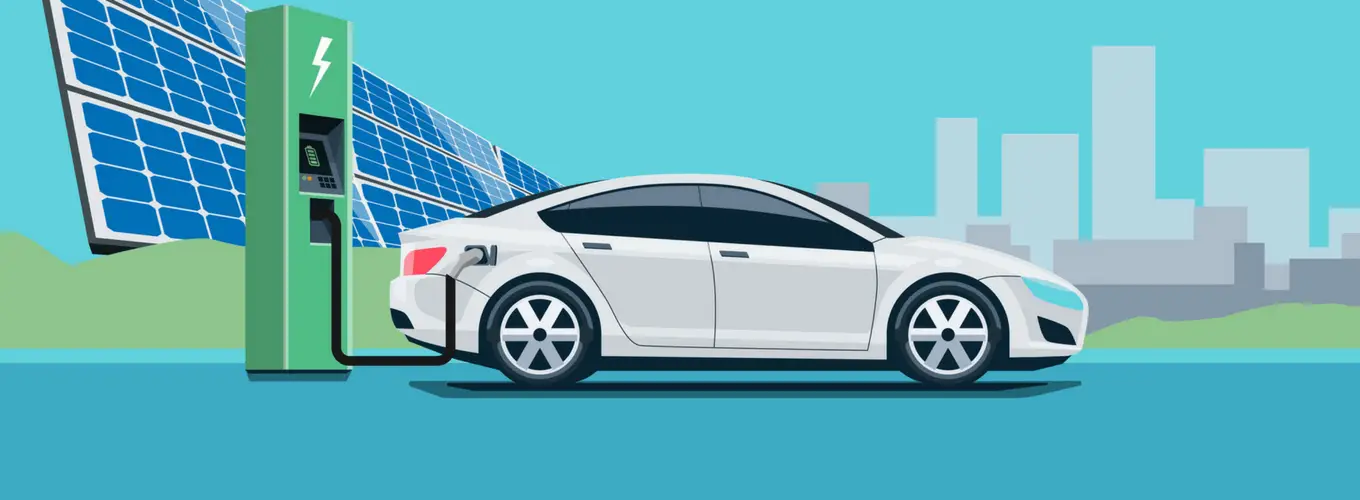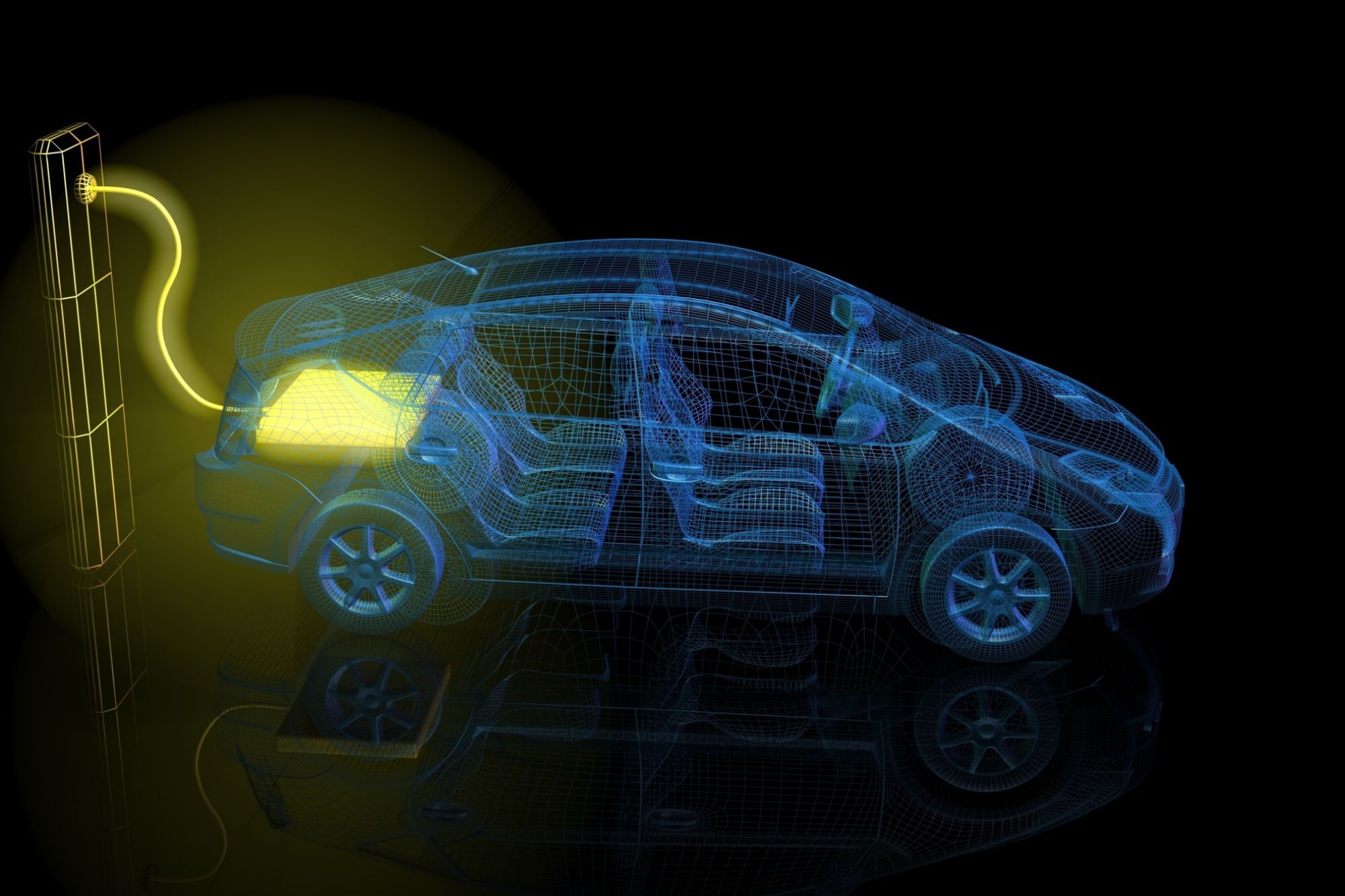New Developments in Electric Vehicle Battery Technology.
The technology around the electric vehicle is a primary concern because they power the car. These technologies have become more sophisticated in recent years, providing enhanced performance for electric vehicles.


The technology around the electric vehicle is a primary concern because they power the car. These technologies have become more sophisticated in recent years, providing enhanced performance for electric vehicles. We will look into some of the recent developments in the battery technology.
Transport plays a major role in pollution due to the emissions from the ICEs. To solve this issue and reducing the industry’s impact on climate change is a central concern of researchers, industry bodies, and governments worldwide.
The previous years the global electric vehicle market has taken a significant leap forward, with increased consumer demand for ultra-low emission vehicles driving the industry’s evolution. While the global COVID-19 pandemic disrupted the automobile industry somewhat, growth in EV sales has remained positive.
Global sales of electric vehicles nearly doubled (43%) from 2019 figures in 2020, with the market share of EVs growing to 4.3%. Again, in 2021, sales doubled to 6.75 million units worldwide.
For the globe to meet the EV revolution the continents must be ready to phase out the sale of new internal combustion engine (ICE) vehicles completely over the coming decades. However, key concerns remain with electric vehicles, such as range anxiety, battery performance, and sustainability.
Improving Battery Technologies
The race for improved EV batteries has been likened to a new gold rush. Developing battery technologies that give EVs better range, faster charging times, and enhanced performance, reliability, and safety is a central focus of research in the industry.
Several exciting developments have been reported by researchers and automakers in the past few years, which will help the EV industry meet the demands and address the concerns of consumers. While many challenges still lie ahead, driving the transportation sector toward a post-carbon model is essential.
A Game-Changing Fast-Charging Hybrid EV Battery
One of the chief concerns which currently hinders widespread consumer adoption of EV technologies is their charging time. While progress has been made in reducing charging times from the several hours that EVs have required until recently, current commercially available models cannot compete with ICE vehicles in this respect.
Charging a battery in less time than it takes to refuel an ICE vehicle would be a game-changing development in battery technology that could significantly increase the consumer uptake of these vehicles.
Morand, a Swiss start-up, has revealed an innovative battery technology that reduces the charging time for EVs to around 72 seconds. The company’s innovative EV battery is a hybrid system that utilizes both conventional battery and ultracapacitor technologies.
The technology, dubbed eTechnology, provides an 80% charge in 72 seconds and can charge an EV to 100% in just 2.5 minutes. While it cannot meet the demands of long-range EVs, the technology is ideally suited to small city cars, e-bikes, and drones. The technology also works efficiently in extreme temperatures.
Improving the Safety of Lithium-ion Batteries
Safety is a chief concern for EV battery manufacturers. While rare, lithium-ion batteries can catch fire, especially if damaged. Every year, companies spend vast amounts of money on developing and testing safer batteries that do not run the risk of fire.
Researchers at Stanford University have developed an electrolyte that is fire-proof even at extreme temperatures of over 140F. Central to this solution is extra lithium salt in the electrolytes. The team added lithium salt (specifically LiFSI) to a polymer-based electrolyte.
The lithium salt content of the electrolyte was increased from less than half to 63% by weight. Effectively, LiFSI acts as an “anchor” in the electrolyte for highly-flammable solvent molecules. Through this innovative solution, lithium-ion batteries can continue to operate at temperatures as high as 212F.
The Future of the EV Battery Market
The EV market is undergoing a revolution as it strives to meet consumer demand and the transportation industry’s net zero carbon emissions commitments. Multiple automakers are now introducing domestic and commercial models to meet these demands.
The innovative research currently being performed by multiple academic institutions, government bodies, and automakers into battery design is a key driver of this technological revolution. While several key challenges still exist, the future of the EV industry is looking increasingly positive.
Source:
i) Reginald Davey (2023) New Developments in Electric Vehicle Battery Technology




